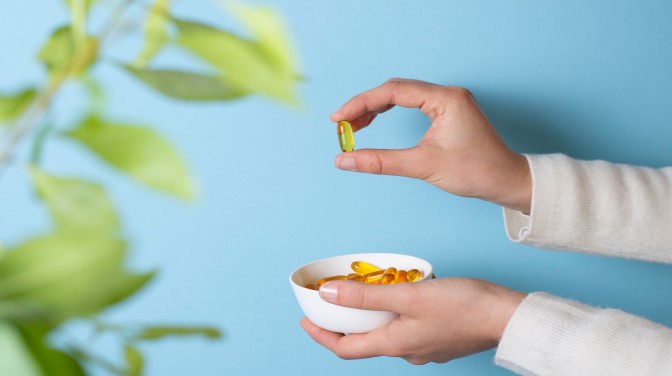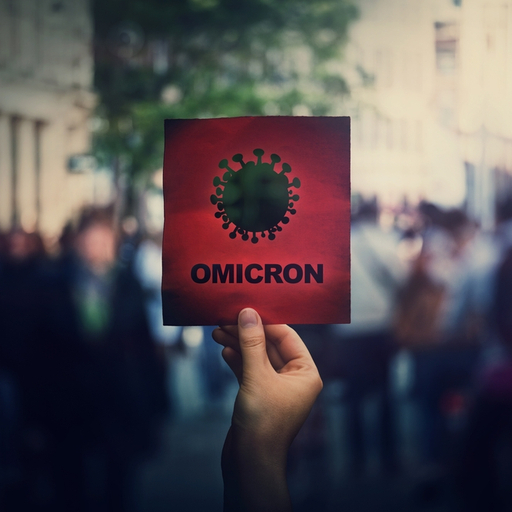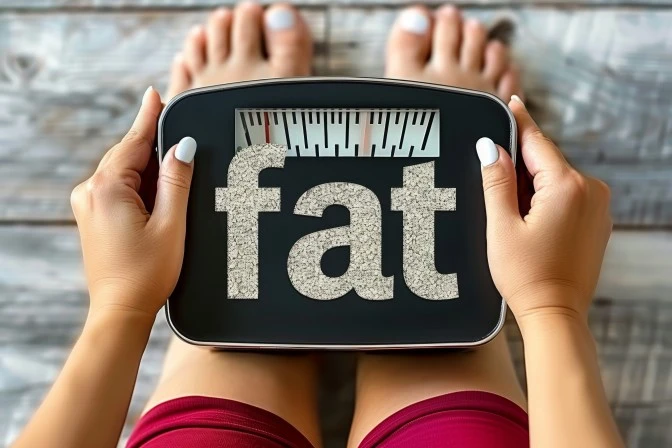Ensuring public health requires strict quality control in industries like food production and pharmaceuticals. One of the most critical yet often overlooked aspects of this process is industrial sampling—the practice of testing small portions of a product to ensure safety, purity, and compliance with regulations. Improper sampling can lead to contaminated food, ineffective medicines, and widespread health risks.
Over the years, there have been several high-profile cases of foodborne illness outbreaks and drug recalls due to poor quality control. These incidents highlight why robust sampling processes are necessary to prevent harmful products from reaching consumers. In this article, we explore how industrial sampling plays a crucial role in protecting public health, particularly in the food and pharmaceutical industries.
What Is Industrial Sampling and Why Is It Important?
Industrial sampling is the process of extracting representative portions of raw materials, in-progress products, or final goods to test their quality and safety. This ensures that the entire batch meets regulatory standards and poses no risk to consumers.
Proper sampling is essential because:
- It detects contaminants, toxins, or irregularities before products reach the market.
- It helps companies comply with strict food and pharmaceutical safety regulations.
- It reduces waste and financial losses by identifying issues early in production.
By implementing rigorous sampling procedures, manufacturers can maintain product integrity, avoid costly recalls, and, most importantly, protect public health.
How Industrial Sampling Prevents Health Risks in the Food Industry
The food industry is heavily regulated to prevent contamination that could cause serious illnesses. Industrial sampling plays a key role in identifying and eliminating potential hazards before they reach consumers.
Detecting Contaminants & Pathogens
Foodborne illnesses caused by bacteria like Salmonella, E. coli, and Listeria affect millions of people every year. Contaminated food can lead to severe infections, hospitalization, and even death. By taking systematic samples throughout the production chain, manufacturers can test for microbial contamination and remove affected products before they are distributed.
In addition to microbial risks, food can also contain chemical contaminants such as pesticides, heavy metals, and toxins. Sampling helps identify and eliminate these threats, ensuring that food is safe for consumption.
Ensuring Regulatory Compliance
Regulatory bodies like the FDA (U.S. Food and Drug Administration), EFSA (European Food Safety Authority), and ISO (International Organization for Standardization) enforce strict safety guidelines for food production. These regulations require manufacturers to conduct regular testing and document their quality control measures.
Failure to comply with these regulations can lead to:
- Product recalls that damage brand reputation.
- Legal penalties and financial losses.
- Serious public health crises affecting thousands of people.
One well-known case involved a major peanut butter recall in the United States due to Salmonella contamination, which caused over 700 illnesses. This incident could have been prevented with stricter sampling and testing procedures.
The Role of Industrial Sampling in Pharmaceutical Safety
In the pharmaceutical industry, even the slightest contamination or inconsistency in a drug’s composition can have devastating consequences. Industrial sampling ensures that medications are pure, effective, and safe for consumption.
Ensuring Drug Purity & Effectiveness
Pharmaceutical products undergo multiple stages of production, from raw material processing to final packaging. At each stage, sampling is used to verify the chemical composition, potency, and sterility of the product. This prevents defective or substandard drugs from reaching the market.
For instance, vaccines and injectable drugs must be completely sterile to avoid introducing harmful bacteria into the bloodstream. A single error in quality control can compromise an entire batch, leading to life-threatening consequences for patients.
Preventing Cross-Contamination
In pharmaceutical manufacturing facilities, cross-contamination between different drug formulations is a serious risk. Dedicated sampling systems, such as specialized sampling valves and closed-system samplers, help minimize this risk by ensuring that samples are taken in a controlled, contamination-free environment.
This is particularly important for:
- High-potency drugs such as chemotherapy medications.
- Allergen-sensitive formulations that must be free from unintended ingredients.
- Biological products that require precise environmental conditions.
By implementing rigorous sampling procedures, pharmaceutical companies can prevent health complications caused by inconsistent or contaminated medications.
Regulatory Compliance in Pharma
Pharmaceutical manufacturers must adhere to strict regulations set by the FDA, WHO (World Health Organization), and Good Manufacturing Practices (GMP). These guidelines mandate comprehensive testing and documentation to ensure that drugs meet the highest safety standards.
Non-compliance with these regulations can result in:
- Mass drug recalls, leading to shortages and risks for patients.
- Severe legal consequences, including fines and loss of manufacturing licenses.
- Loss of consumer trust, which can be difficult to regain.
By integrating industrial sampling as a core part of quality control, pharmaceutical companies ensure that their products are safe, effective, and fully compliant with global health standards.
The Technology Behind Safe & Effective Sampling
Modern industries rely on advanced sampling technologies to ensure accuracy and reliability. Some of the most effective tools include:
Types of Sampling Equipment Used in Food & Pharma
- Manual Sampling Valves – Used for taking controlled samples from liquids, powders, or granules.
- Automated Sampling Systems – Designed to collect samples at precise intervals, reducing human error.
- Closed-System Samplers – Used in pharmaceutical environments to prevent contamination from external air or surfaces.
Choosing the right sampling equipment depends on the specific requirements of the industry, the sensitivity of the product, and the regulatory guidelines in place.
How Famat Sampling Helps Maintain Safety & Quality
Famat Sampling provides industry-leading solutions for hygienic and precise sampling in both food and pharmaceutical manufacturing. Our sampling valves and systems ensure:
- Contamination-free sampling, reducing the risk of compromised products.
- Easy compliance with safety regulations, helping companies meet industry standards.
- Efficient and reliable quality control, ensuring that only the highest-quality products reach consumers.
By investing in high-quality sampling equipment, companies can protect public health while maintaining a strong reputation for safety and compliance.
निष्कर्ष
Industrial sampling is an essential process for ensuring public health, particularly in the food and pharmaceutical industries. By detecting contaminants, preventing cross-contamination, and ensuring compliance with strict regulations, effective sampling prevents health crises and protects consumers.
Companies that prioritize high-quality sampling equipment and rigorous testing not only reduce risks but also build trust with regulators and customers. As the demand for safer, more reliable products continues to grow, industrial sampling remains a key pillar of quality control and public health protection.
For businesses looking to enhance their sampling processes, Famat Sampling offers industry-leading solutions designed to ensure the highest standards of safety and reliability.





 1800-270-7000
1800-270-7000







